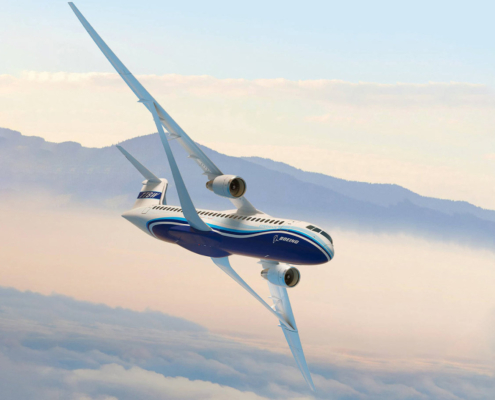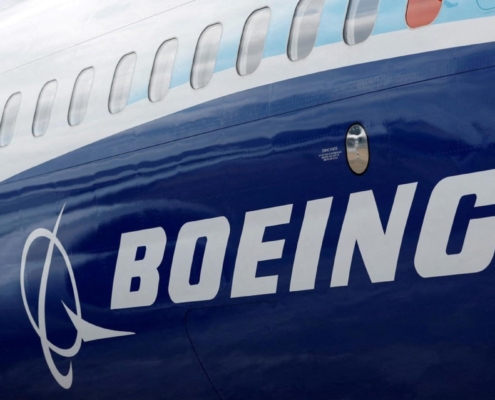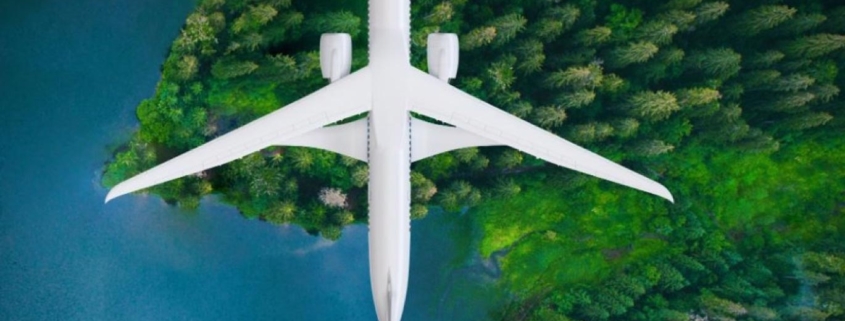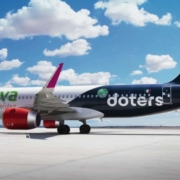In a groundbreaking ecological effort, NASA and Boeing are leading the way toward a sustainable future in aviation. The new research focuses on the development of sustainable aviation fuels with the ambitious goal of significantly reducing the contrails that contribute to global warming.
Why It’s Crucial to Reduce Contrails in Aviation?

Image: enelaire.mx
Contrails, those white lines that streak across the sky after airplanes, are not mere marks in the atmosphere. These artificial clouds play a more significant role in climate change than we might imagine, as they trap heat in the atmosphere and contribute to the greenhouse effect. Rich Moore, a NASA scientist and leader of the Langley Aerosol Research Group Experiment, highlights the importance of preventing the formation of these contrails to mitigate the environmental impact.
The ecoDemonstrator Program: A Pioneer in Sustainability
The research, conducted in the state of Washington through Boeing’s ecoDemonstrator program, involves the second ecoDemonstrator Explorer aircraft, a Boeing 737-10. This aircraft conducts test flights alternating between sustainable aviation fuel and a low-sulfur version of conventional fuel. Simultaneously, NASA’s DC-8 aircraft monitors the resulting emissions and ice contrail formation, collecting crucial data to understand their environmental impact.
NASA’s efforts to make aviation more sustainable and greenhouse gas-free by 2050 are ambitious but necessary. The results of this research, to be published in the coming year, will be vital for innovation in the aviation industry and protecting our planet. Sustainable fuels are a cleaner and more efficient solution that can significantly help combat climate change.
Strategies to Reduce Environmental Impact

Image: Clarin
The use of sustainable fuels is key since they produce fewer soot particles, the culprits behind ice crystal contrail formation. With less soot in the atmosphere, contrails could be less frequent, larger, and have a shorter lifespan, reducing their environmental impact and enabling greener aviation.
This is not the first time NASA and Boeing foray into the matter. Previous research with smaller aircraft has shown that biofuels generate fewer soot particles that can pollute the air near airports and form harmful contrails. Biofuels offer a dual benefit: they are not only more environmentally friendly by not releasing new carbon dioxide, but they are also produced from recyclable or reusable materials, paving the way for a greener future in aviation.
For more news about aviation and innovation, visit our website.
Source: actualidadaeroespacial.com












Leave a Reply
Want to join the discussion?Feel free to contribute!